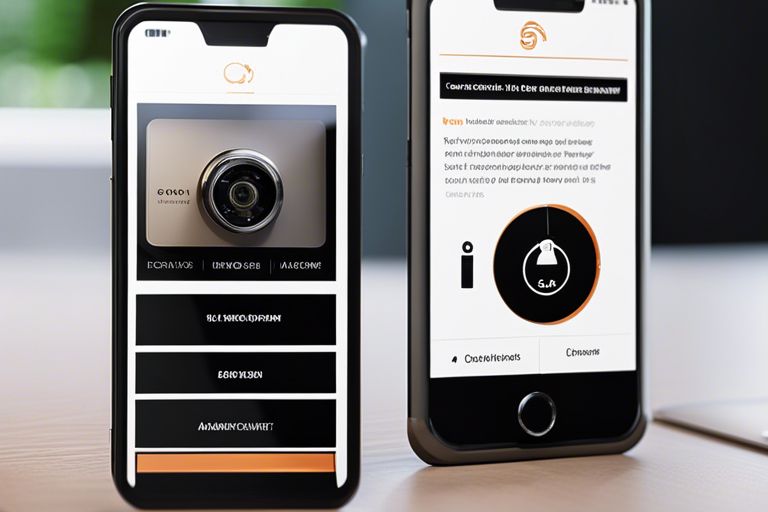Social engineering, the art of manipulating people to gain unauthorized access to information or systems, has been a growing concern in the digital age. As technology advances, so do the techniques used by social engineers to exploit human vulnerabilities. In this blog post, we will explore the future of social engineering and the steps we can take to protect ourselves.
One of the emerging trends in social engineering is the use of artificial intelligence (AI). With AI becoming more sophisticated, social engineers can leverage its capabilities to create highly convincing and personalized attacks. Imagine receiving an email from your boss, asking you to urgently transfer funds to a specific account. The email looks legitimate, the tone is convincing, and even the signature matches. However, it is all a carefully crafted AI-generated message designed to deceive you.
Another area of concern is the rise of deepfake technology. Deepfakes are manipulated videos or audios that appear to be real but are actually fabricated. Social engineers can use deepfakes to impersonate someone you know or trust, making it easier to manipulate you into revealing sensitive information or taking certain actions. As deepfake technology becomes more accessible, we can expect an increase in its use for social engineering purposes.
Furthermore, social engineers are increasingly targeting social media platforms. With billions of users sharing personal information online, social media has become a goldmine for social engineers. They can gather information about individuals, their relationships, interests, and even daily routines. Armed with this knowledge, social engineers can craft highly targeted attacks, making it harder for individuals to recognize the malicious intent.
So, how can we protect ourselves from the future of social engineering? Firstly, it is essential to be vigilant and skeptical of any unsolicited requests, even if they appear to be from someone you know. Always verify the source through a separate communication channel or in person. Secondly, educate yourself and others about the latest social engineering techniques. By staying informed, you can better recognize and respond to potential threats.
Additionally, consider implementing multi-factor authentication (MFA) whenever possible. MFA adds an extra layer of security by requiring multiple forms of authentication, such as a password and a fingerprint scan. This makes it more difficult for social engineers to access your accounts even if they manage to obtain your password.
Lastly, be mindful of the information you share online. Limit the amount of personal information you disclose on social media platforms and adjust your privacy settings to restrict access to your posts and profile. Remember, the less information available to social engineers, the harder it is for them to target you effectively.
In conclusion, the future of social engineering poses significant challenges as technology continues to advance. With AI, deepfake technology, and the exploitation of social media platforms, social engineers have more tools at their disposal than ever before. However, by staying vigilant, educating ourselves, implementing security measures like MFA, and being mindful of our online presence, we can protect ourselves from these evolving threats.






